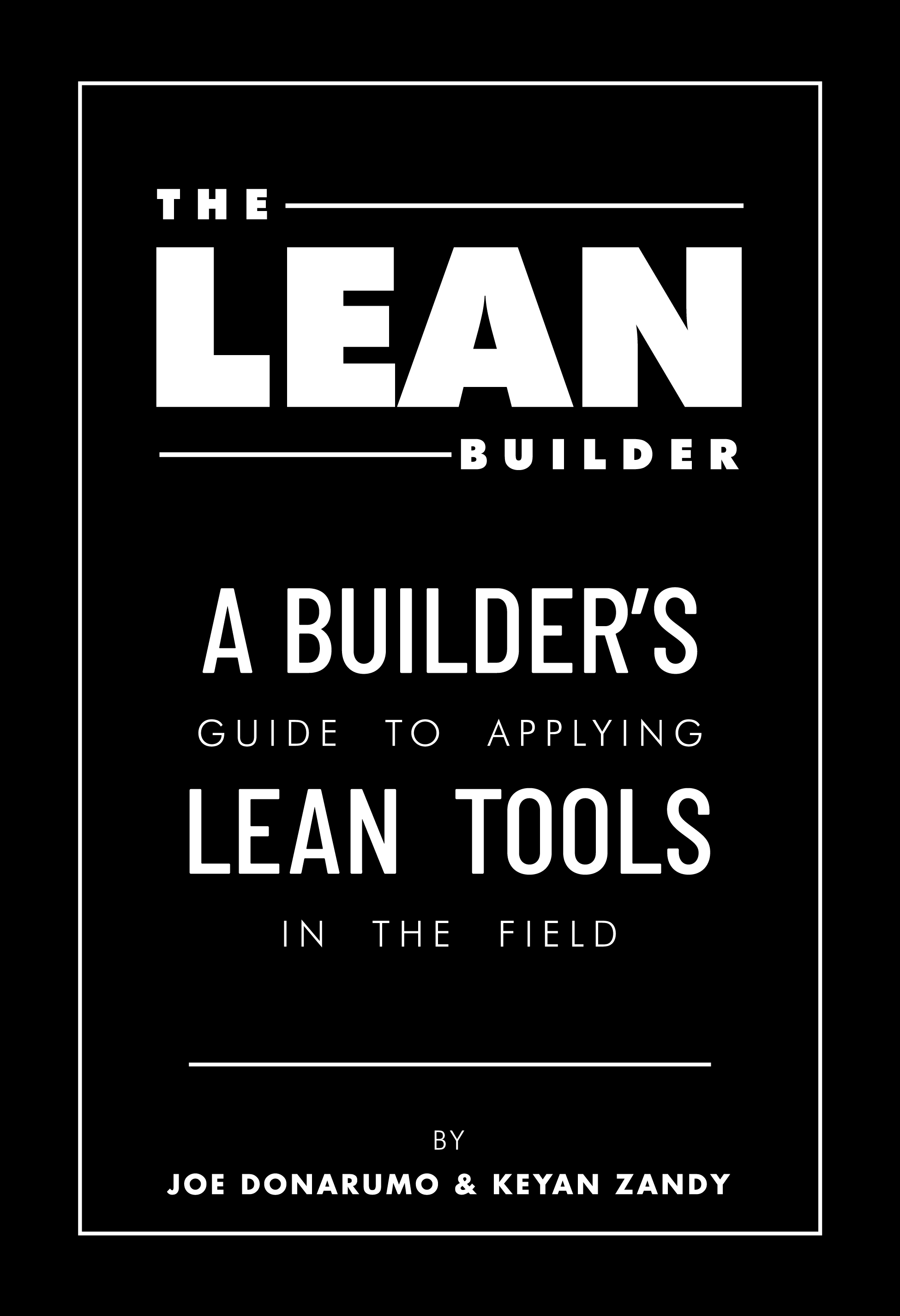Lean construction offers the promise of higher and more stable profit margins for the construction industry as a whole, but the relatively low industry-wide implementation of lean practices suggests that there is a need for leadership in adoption, a role that trade contractors may be well positioned to fill. Wider adoption by the trades can help spread awareness of the benefits in the industry, especially since exposure by other project team members to the benefits of lean on a project can spread knowledge and interest in lean throughout the industry.
McGraw Hill Construction's research on other construction trends has suggested the importance of one group of highly active adopters. Architects have led the industry on green building, and general contractors have moved to the forefront in the U.S. of building information modeling adoption, bringing along the rest of the industry in their wake.
This research suggests that, if active measures are taken to engage them, trade firms could play that critical role in increasing the use of lean practices across the industry. Their attention to efficiency—and the potent, business-related benefits that early adopters have experienced from lean—make a compelling argument for the trade sector in particular to use lean practices. Their experiences can help drive the industry as a whole to see its benefits.
Lean Practices
Contractors participating in the study were asked whether they are implementing or familiar with the following six lean practices. All firms that indicated that they had implemented at least one were identified as lean practitioners.
Lean Construction: Elimination of waste from design and construction processes.
Pull Planning: A targeted, specific tool involving the definition and sequencing of events on a project, working backward from a target completion date.
Last Planner: A comprehensive trademark approach developed by the Lean Construction Institute that includes several layers of planning and full commitments to schedules from the entire project team.
Just-in-Time: Delivering just the amount of material needed when it is needed.
Toyota Way: A system for providing the best quality, lowest cost and shortest lead time by eliminating waste in processes and procedures.
Six Sigma: A set of strategies, techniques and tools for process improvement that identify and solve root problems.





